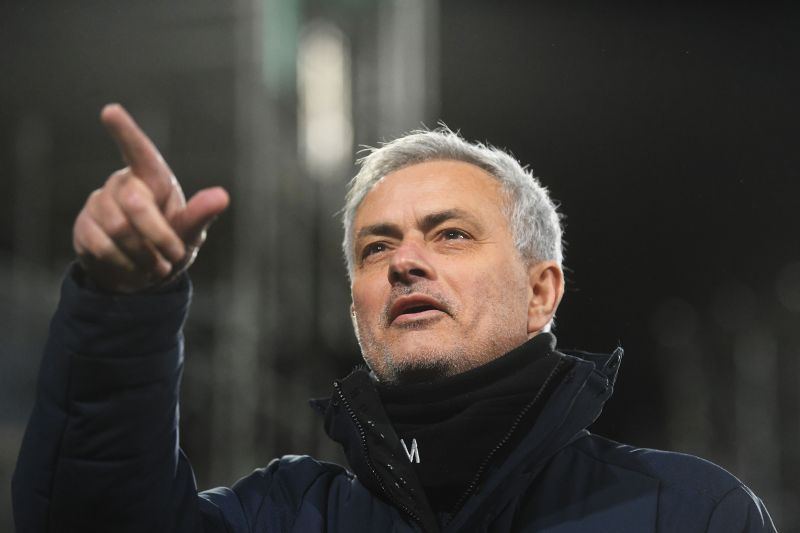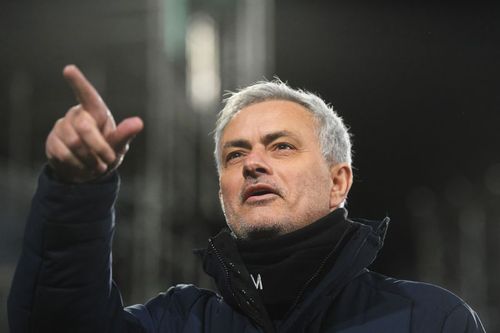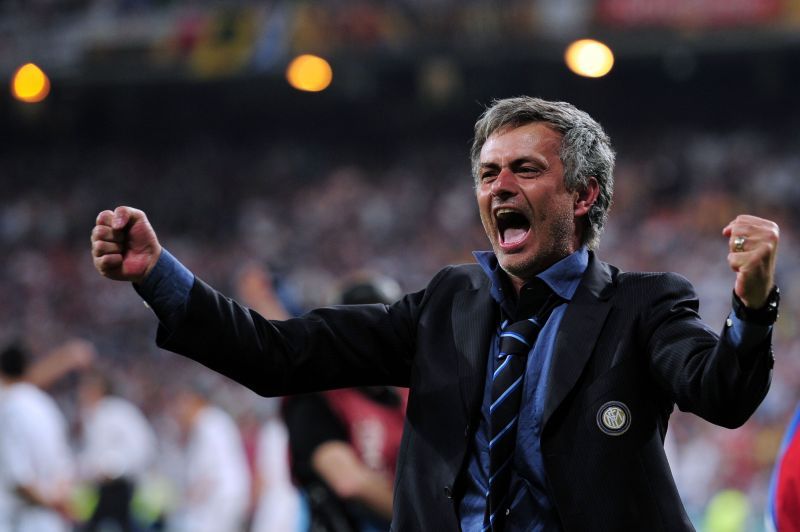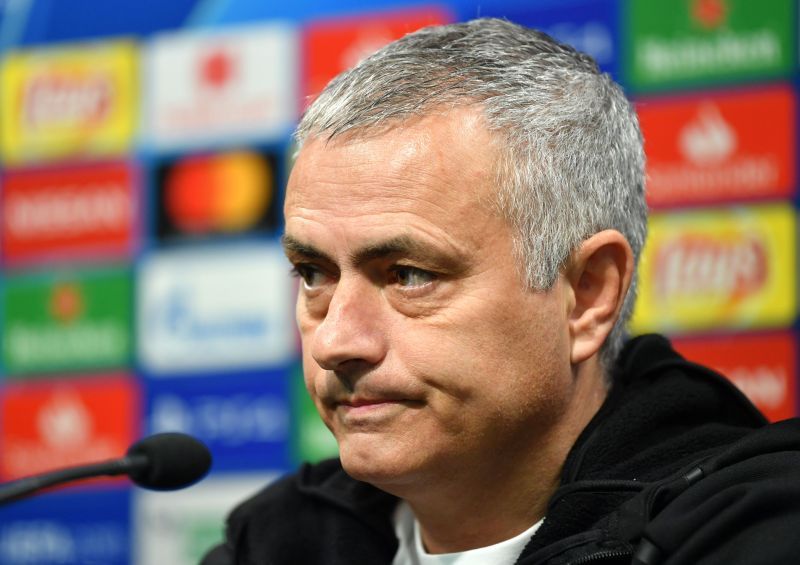
What can we learn from Jose Mourinho in the 21st century?

Jose Mourinho is a hugely divisive figure in the footballing world. A good chunk of the divisiveness arises from his football philosophy. Some lambast it as boring, overly negative and too defensive, while others highlight the unprecedented trophies he has won using the same strategy.
Due to the polarising nature of his philosophy, Jose Mourinho has been provocatively dubbed the Donald Trump of the footballing world. Sidestepping the debate around the merits and demerits of his footballing philosophy, one could argue that the Portuguese tactician's loyalty to a philosophy that has very few takers is something that everyone can learn from.

We live in a society where conformity plays a huge role in moulding our choices. A deep desire to act like others shapes our decisions in every aspect of life, be it the clothes we wear, the songs we listen to or even the careers we choose.
Thanks to our social indoctrination, our idea of success is closely associated with becoming like someone. If you want to play cricket, become like Sachin Tendulkar. If you want to play tennis, become like Roger Federer or Rafael Nadal. Conformity with others is inbuilt in our social culture. Within such a climate, it becomes relatively easy for people to be overwhelmed with societal expectations, not knowing what they themselves want in life.
In the footballing realm, owing to our obsession with attacking football, there is a deafening appetite for attack-minded football that is pleasing to the eyes. Indeed, the fact that the newer brand of managers like Mauricio Pochettino, Ralph Hasenhüttl, Julian Nagelsmann, etc., are attack-minded is the manifestation of such an appetite.
The expected conformity with attacking football is super-imposed by the disproportionate criticism that is reserved for managers like Jose Mourinho, whose ideology does not fall in line with the expected standards.
A manager playing attacking football is eulogised for playing the 'right way' even if he loses. On the other hand, a manager who plays using a more defensive system is always haunted by his footballing philosophy even when the team is performing well.
This was very conspicuous during the first few months of the Premier League 2020-21 season when Jose Mourinho was constantly nagged by questions regarding his style of playing despite leading Tottenham Hotspur to the top of the table.
The label of "anti-football", coined by critics for managers like Jose Mourinho, represents everything that is wrong with the expectations of conformity.
For such critics, the only real way to play football is to use an attacking strategy. They remain oblivious to the fact that there can be a way of playing that is different from their vision of the sport.

Much of the criticism that Jose Mourinho has received is aimed not at the result of the game but at his audacity to see football through his own original lens.
Jose Mourinho’s philosophy is an outlier and the critics, most of whom represent the dominant social culture, know it. They deeply dislike his unfettered conviction to remain a maverick because that’s exactly the opposite of who they are.
In this era of hyper conformism, where authentic choices are discouraged in favour of socially agreeable choices, Jose Mourinho’s allegiance to his philosophy even in the face of enormous social pressure is refreshing.
The problem with conformity
John Stuart Mill, one of the greatest philosophical scholars, foreboded the perils of conformity back in the mid-19th century and highlighted the importance of non-conforming behaviour.
In one of the most influential books ever written, ‘On Liberty’, Mill pointed out:
"In this age, the mere example of non-conformity, the mere refusal to bend the knee to custom, is itself a service…...the amount of eccentricity in a society has generally been proportional to the amount of genius, mental vigour, and moral courage it contained… If a person possesses any tolerable amount of common sense and experience, his own mode of laying out his existence is the best, not because it is the best in itself, but because it is his own mode."
Our desire to conform to other's expectations robs us of our individuality. More often than not, people who changed the world for the better espoused a way of life that defied societal expectations.
In today's context, Jose Mourinho’s ability to see his distinctness in the crowd and to unapologetically embrace his eccentricity is dearly needed.
A life lesson from Jose Mourinho's dedication to his philosophy
Jose Mourinho's philosophy offers us a valuable life lesson, one whose profoundness has been diluted by its overuse: be yourself.
The first step towards this lesson can be taken with an admission that our way might not be synonymous with societal expectations, and that's perfectly okay.
Søren Kierkegaard, the famous Danish philosopher, once said:
“The greatest hazard of all, losing one’s self, can occur very quietly in the world as if it were nothing at all. No other loss can occur so quietly; any other loss – an arm, a leg, five dollars, a wife, etc. – is sure to be noticed.”
Jose Mourinho is a breathing reminder not to lose ourselves in the crowd and to muster the audacity to carve out our own way, not because it will be the best but because it will be our own.